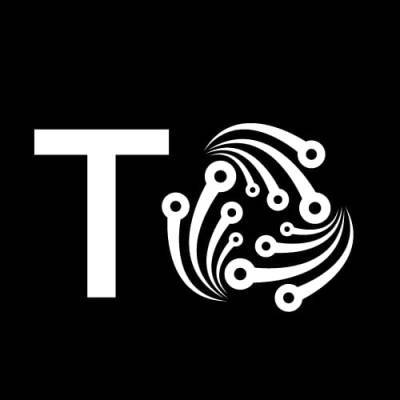Don't wanna be here? Send us removal request.
Text
The Evolution of Quantum Sensors in Healthcare
From accelerometers that flip our phone screen orientation to GPS systems that guide us on our daily journey, we rely heavily on electronic sensors to measure and respond to physical input from our environment. These sensors are powerful, but vast untapped potential exists in a different kind of sensor technology, based on the laws of quantum mechanics.
Quantum sensors offer unparalleled sensitivity and precision, which can unlock new applications in areas such as medical imaging, materials science, and surveillance. Using the principles of quantum mechanics, quantum sensors can sense magnetic fields, temperature, chemical properties, and even light particles with unprecedented accuracy.

In the near future, we will rely on quantum sensing in many aspects of our lives. In medicine, quantum sensors could detect cancer cells before a patient shows any symptoms and lead to more effective treatments. They could also identify the magnetic properties of genes, allowing doctors to develop personalized medicine for each patient.
Another important application of quantum sensing is its ability to capture electromagnetic tech ogle signals from distant sources – including nuclear explosions, natural radio waves, and electromagnetic pulses. Quantum sensors are able to detect such signals over much longer distances and at higher frequencies than classical sensors can, making them useful for remote monitoring and security.
A prime example of this is the quantum sensor developed by SRI and Twinleaf LLC, which can perform live magnetocardiography (measurement of heart signals). This quantum-based technology is thousands of times more sensitive than the best magnetic field sensors available today, which require expensive, shielded rooms to function. It can also detect biologically produced magnetic fields over a broad range of frequencies, unlike the best conventional sensors, which only work in a narrow range of frequencies.
Besides healthcare, other potential applications of quantum sensing include:
In material sciences, the magnetic properties of atoms and ions can be measured by using quantum sensors. This information is valuable in studies of matter at the atomic level, as well as for environmental monitoring, food safety, and medical diagnostics.
In medicine, quantum sensors could identify and diagnose diseases based on the magnetic properties of proteins. Using this technique, scientists can identify and create medicines to target the protein structures responsible for disease.
Quantum sensors can also help monitor the effects of drugs on the human body, allowing them to track changes in a person’s body as the drug takes effect. This information can be used to develop better clinical trials, improve dosages, and optimize the effectiveness of the medication.
The QSens cluster technology website initiative is aiming to secure Germany’s leading position in quantum sensor technology and transfer it from the physics laboratory into our everyday lives. The group is conducting research to produce high-performance quantum sensors for applications in the areas of mobility, Industry 4.0, and sustainability. For instance, quantum sensors can enable autonomous driving by continuously detecting the driver’s behavior and taking action in the event of an accident or if the driver becomes tired or has a medical emergency. They can also be used to allow patients who are unable to speak to control devices and communicate with others via brain-machine interfaces.
1 note
·
View note